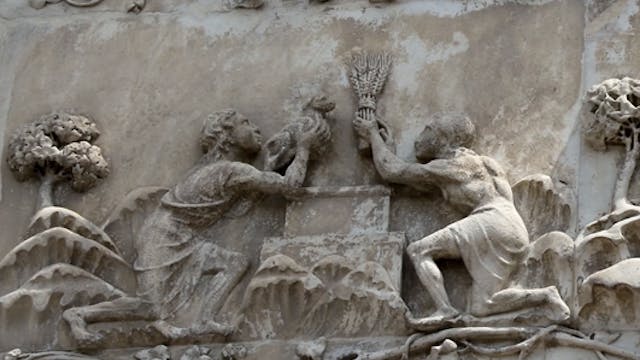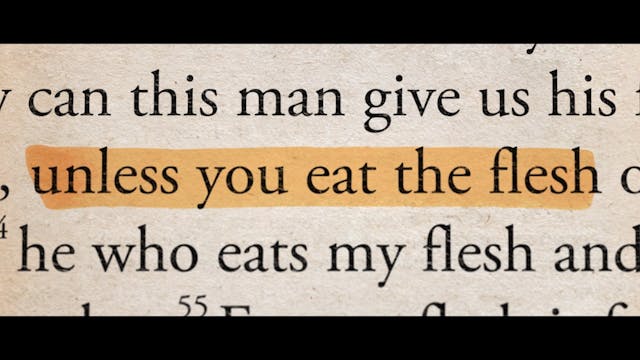Auschwitz, 1941. One of the prisoners, Jan, escapes from the German concentration camp while working at a gravel pit. Thanks to the help of kind-hearted people, he finds shelter. There Jan hears tragic news about ten random inmates sentenced by the Nazis to death by starvation as a punishment for his escape. One among the convicts is Fr. Maximillian Kolbe, a Franciscan priest who volunteered to die in place of one of the inmates.
Now Jan is not just fleeing the Nazis, but also from his guilt for his involvement in Kolbe's death. He goes to visit Niepokalanów, a very large Franciscan monastery, where Fr. Kolbe had been the founder and superior. There Jan wants to learn what were the motives behind his decision to die for another prisoner, a complete stranger. Though free from Auschwitz, Jan will continue to be confronted by the life and death of Maximilian Kolbe wherever he goes.
In addition to Jan—torn between wanting to forget and a fascination with Kolbe—another key character emerges, Brother Anselm. He is a devout young Franciscan priest who quietly but strongly witnesses to Kolbe's heroic faith and love, and then rejoices at the beatification of Kolbe by Pope Paul VI. Later Kolbe will be canonized by his fellow countryman, Pope St. John Paul II, who proclaimed Kolbe as the "patron saint of the difficult 20th century."
Up Next in Most Popular
-
Day 8: Silence & Solitude
Action Item: How can you find silence and solitude for God?
Lenten Reflections 2020
-
In the Beginning: Garden of Eden and ...
Did you know that hints of the Eucharist can be seen throughout the Old Testament? Going all the way back to the book of Genesis, we'll discover how the Eucharist has been a part of God's plan from the beginning of time.
Click to view the entire series of Lectio: Eucharist -
Presence | Trailer
Although the Eucharist appears to be simple bread and wine, it is actually the "source and summit" of the Christian life. Presence: The Mystery of the Eucharist explores the truth and beauty of Christ's real presence in the Eucharist, from its origins in Sacred Scripture, to its profound role in ...




69 Comments